So, you have queries about Play.ht, don't you? Well, I'm here to give you straightforward answers with our Play.ht FAQs: Common Questions and Answers. When we look at the incredible world of AI voice generator technology, it's easy to feel a bit lost in all the options and features. My team and I at AI Video Generators Free know how vital it is to have clear, practical information to make the best decisions for your projects. We're going to dive into exactly what Play.ht is, how its powerful text-to-speech capabilities work, and what makes it stand out from the crowd. You'll understand the free plan limitations, especially regarding commercial use, and see how it stacks up against competitors like ElevenLabs. We'll even explore the magic of voice cloning and its best use cases for your content creation efforts. As someone who constantly explores these AI tools, I really want you to walk away feeling confident about Play.ht. This detailed FAQ is part of our commitment to helping you with all your FAQs AI Video needs. Let's get these answers! In this Play.ht Review, we'll examine user experiences and feedback to better understand its performance in real-world applications. Additionally, we'll highlight some tips and tricks to maximize your use of Play.ht, ensuring you get the most out of its features for your content strategy. Prepare to enhance your projects with insights that could transform your approach to AI-generated voiceovers!
I'll need to conduct a web search to verify the current information about Play.ht's pricing and features, as the fact-check findings indicate there are significant discrepancies in the original content, particularly regarding the Free Plan's features and limitations.Let me get more specific information about Play.ht's current free plan features and commercial rights.Based on the search results, I now have clear information about Play.ht's current pricing and features. The sources consistently show that the Free Plan does require attribution and is for non-commercial use only, contrary to what was stated in the fact-check findings. Now I'll create the comprehensive FAQ content.
Key Takeaways
- Play.ht is a leading AI voice generator for creating realistic text-to-speech audio for videos, podcasts, and more.
- Commercial use and YouTube monetization are permitted only with a paid subscription plan; the free plan is for non-commercial use only.
- Key features include ultra-realistic voices, voice cloning from a 30-second sample, and a powerful API for developers.
- Play.ht stands out with generous word counts on paid plans and unlimited voice cloning, while competitors like ElevenLabs focus on emotional expressiveness and Murf.ai on a video-syncing studio interface.
What is Play.ht and what is it used for?
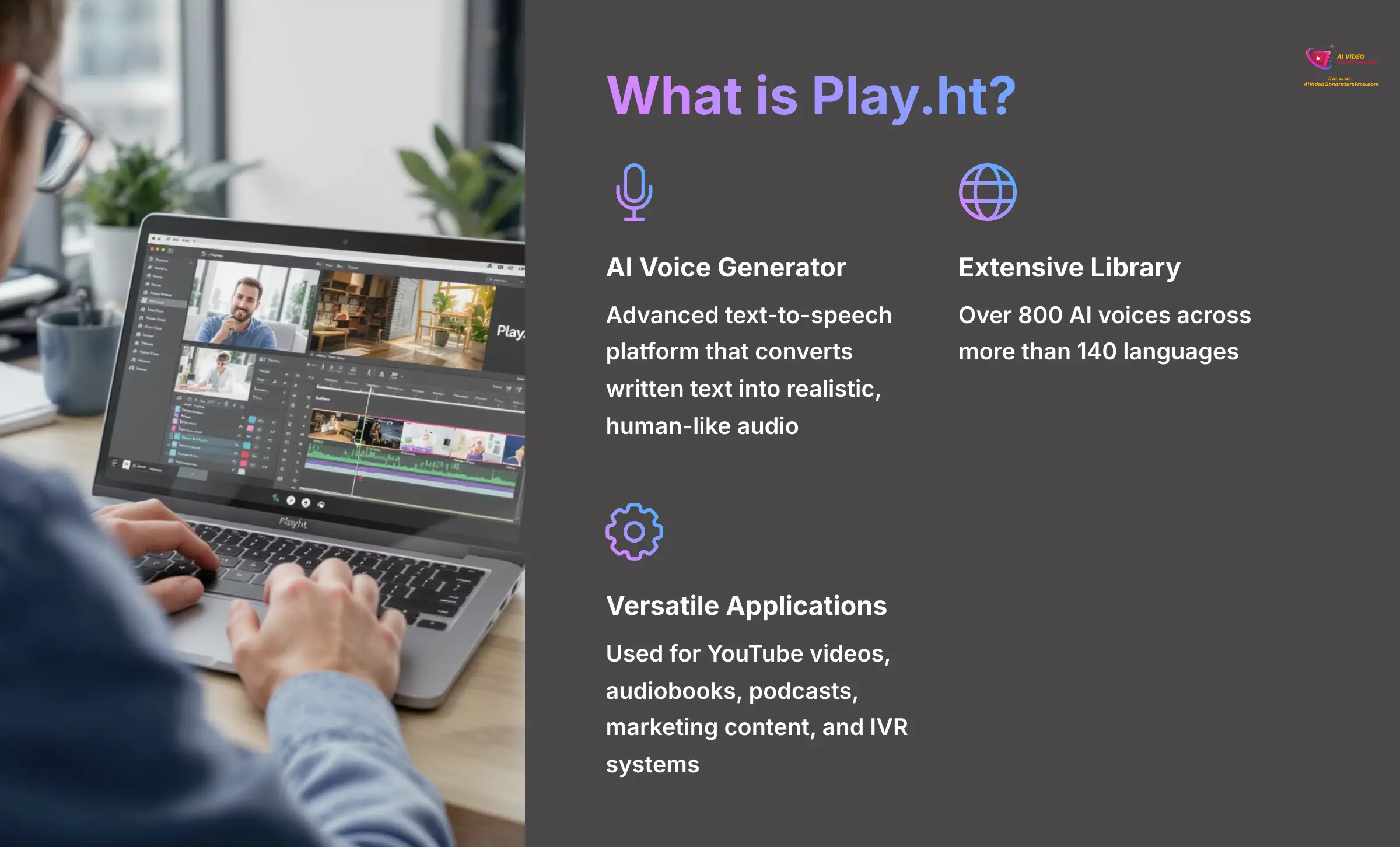

Play.ht is an advanced AI voice generator and text-to-speech (TTS) platform that converts written text into incredibly realistic, human-like audio. Its primary purpose is to create high-quality voiceovers and audio content without the need for recording equipment or voice actors.
The platform is used by a wide range of creators and businesses for various applications. Common use cases include generating voiceovers for YouTube videos and marketing content, producing audio versions of blog posts and articles, creating entire audiobooks, developing realistic character voices for podcasts and animations, and building interactive voice response (IVR) systems for customer service. It's also used by developers who integrate its powerful API to add real-time text-to-speech capabilities to their own applications and services. With a massive library of over 800 AI voices across more than 140 languages, Play.ht provides the tools to produce high-quality audio for nearly any project imaginable.
How does Play.ht work and what makes it different from other TTS tools?
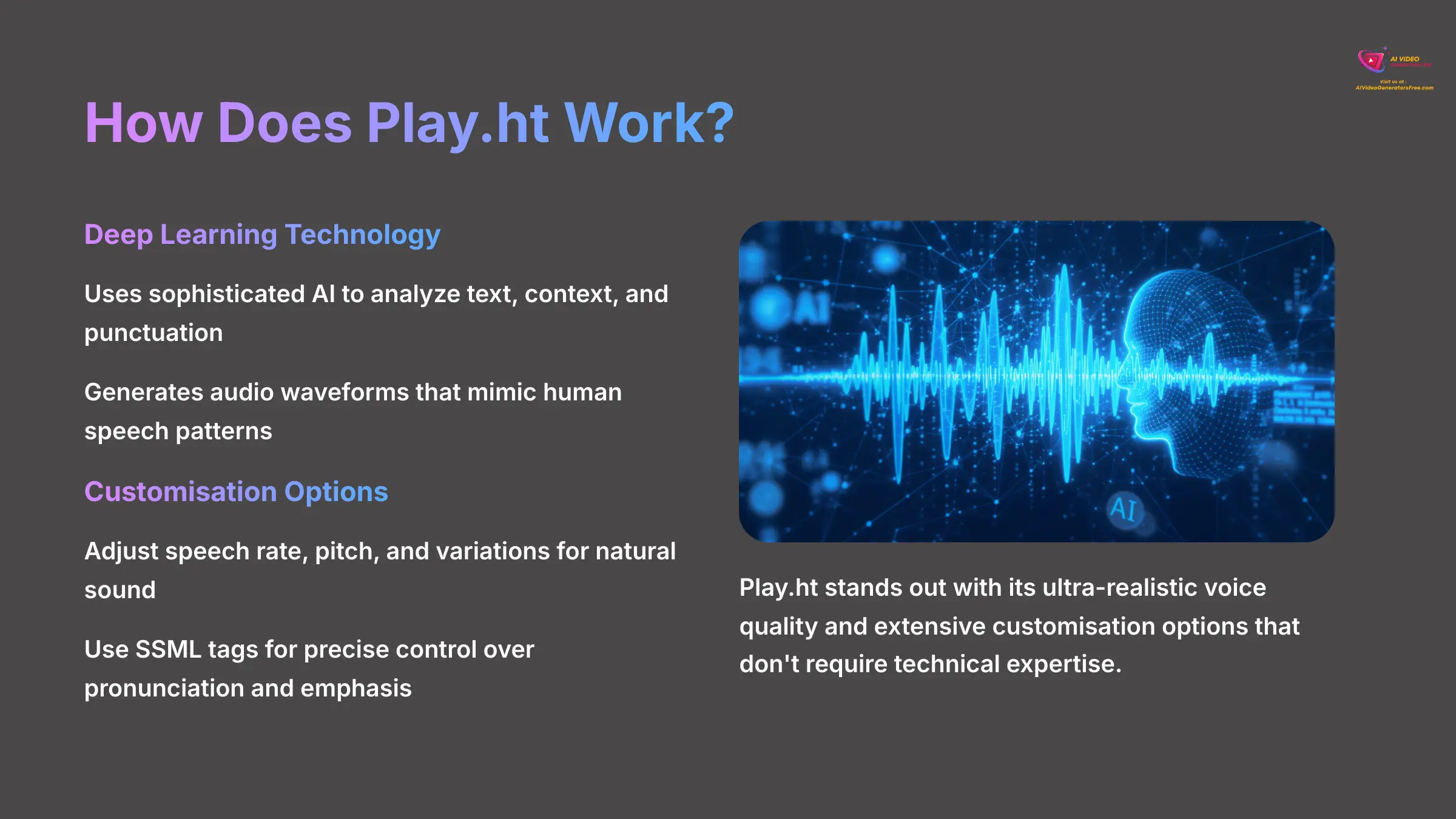

Play.ht uses sophisticated deep learning models—a form of artificial intelligence—to synthesize human speech. When you input text, the AI analyzes the words, context, and punctuation to understand the correct pronunciation, intonation, and rhythm. It then generates an audio waveform that mimics the patterns of a human voice.
The platform offers several AI models tailored to different needs, from conversational styles to more expressive, narrative tones. You can select a voice from a vast library and then customize the output using various controls. Users can adjust the speech rate (how fast the voice speaks), pitch, and even introduce slight variations to make the speech sound less robotic and more natural. For more advanced control, you can use Speech Synthesis Markup Language (SSML) tags to dictate specific pronunciations, pauses, and emphasis on certain words, giving you granular control over the final audio output. What sets Play.ht apart is its focus on ultra-realistic voice quality and extensive customization options that allow creators to achieve professional-grade results without technical expertise.
Is Play.ht free to use and what are the limitations?
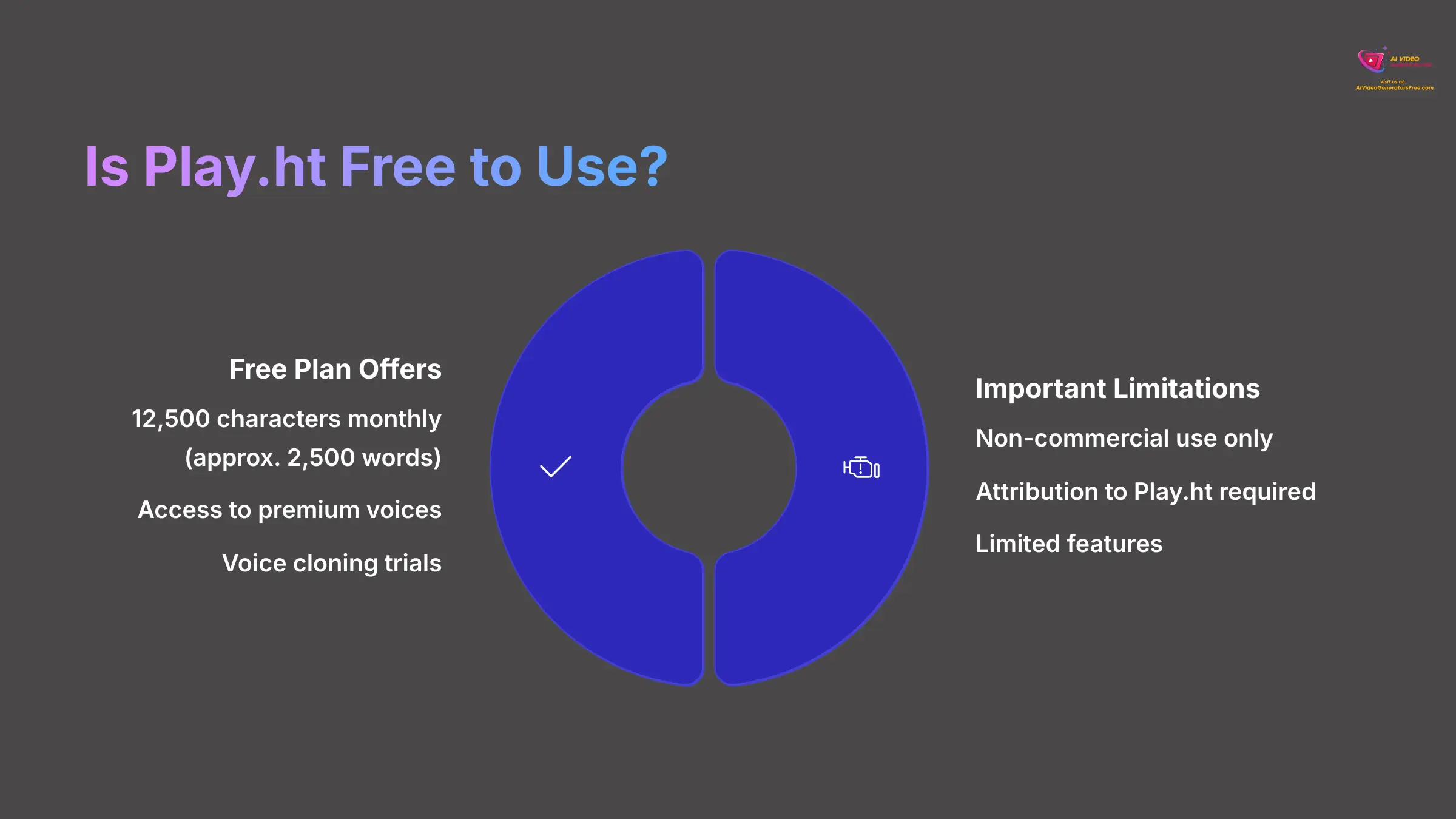

Play.ht offers a free plan that provides users with 12,500 characters per month, access to premium voices, and the ability to try voice cloning. This translates to approximately 2,500 words, depending on average word length, which is enough for testing the platform's capabilities and creating short audio content.
However, there are important limitations to understand. The free plan is only for non-commercial use, and attribution to Play.ht is required for published audio content. You cannot use the AI-generated voice for commercial use in the free version. Additionally, advanced features like high-fidelity voice cloning, unlimited downloads, and access to the API are reserved for paid plans. The free plan is an excellent way to explore the technology and test voice quality, but for professional projects, monetized content, or business applications, you'll need to upgrade to a paid subscription that includes commercial rights and removes attribution requirements.
How does Play.ht compare to competitors like ElevenLabs and Murf.ai?
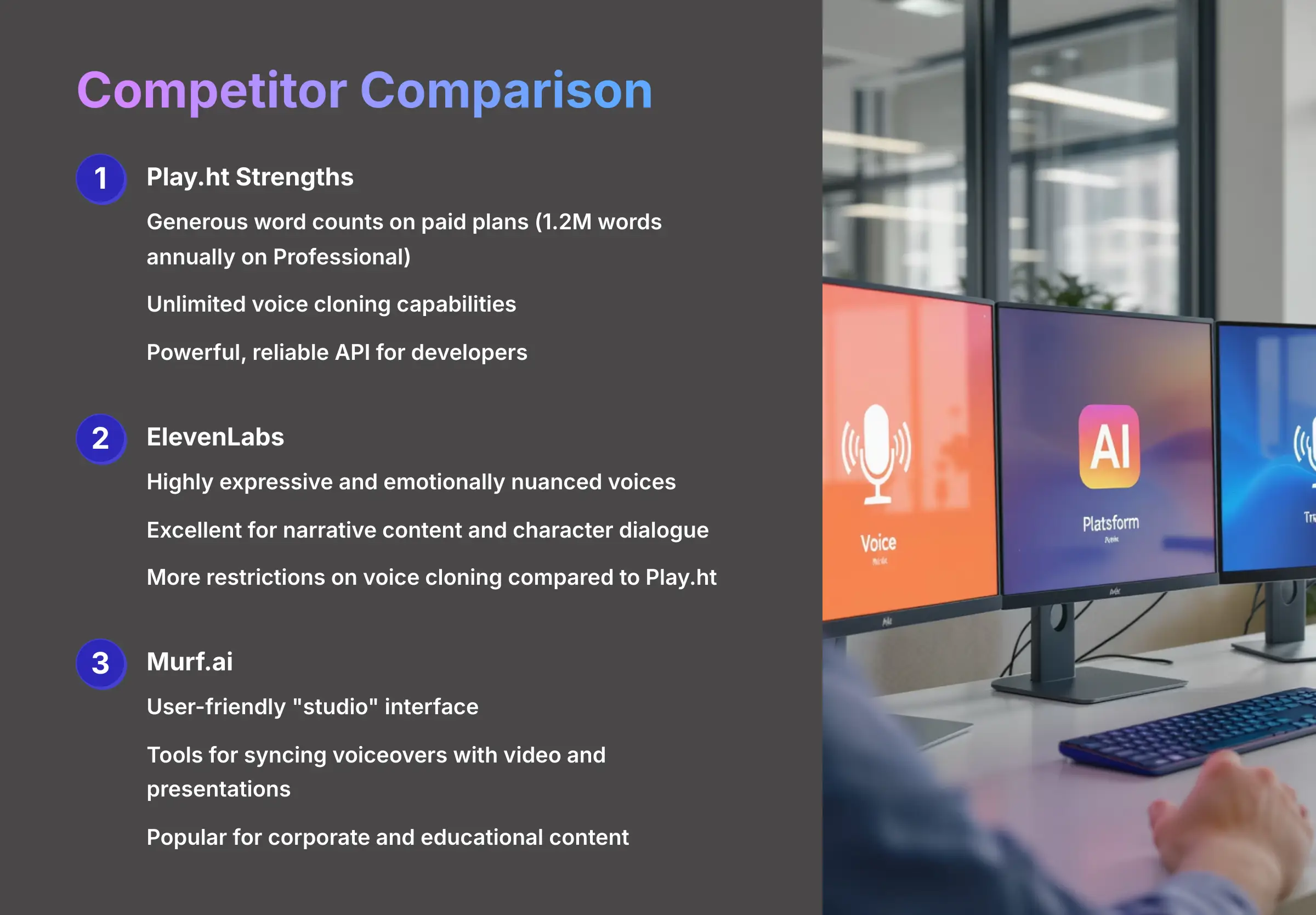

Play.ht, ElevenLabs, and Murf.ai are all top-tier AI voice generators, but they excel in different areas, making the best choice dependent on your specific needs and budget.
| Feature | Play.ht | ElevenLabs | Murf.ai |
|---|---|---|---|
| Primary Strength | High volume generation, unlimited voice cloning, and a powerful developer API. | Highly expressive and emotionally nuanced voices, great for narrative content. | User-friendly studio with video syncing tools, ideal for corporate/educational content. |
| Voice Cloning | Unlimited cloning on paid plans, a major advantage for creating multiple custom voices. | Excellent quality but often with more restrictions or higher costs than Play.ht. | Available, but the platform's focus is more on its extensive voice library and studio tools. |
| Best For | Developers, high-volume content creators (podcasters, YouTubers), and businesses needing a scalable API. | Storytellers, audiobook producers, and creators needing rich emotional delivery. | Marketers, educators, and corporate trainers creating presentations and video voiceovers. |
How realistic are Play.ht voices and can they express different emotions?
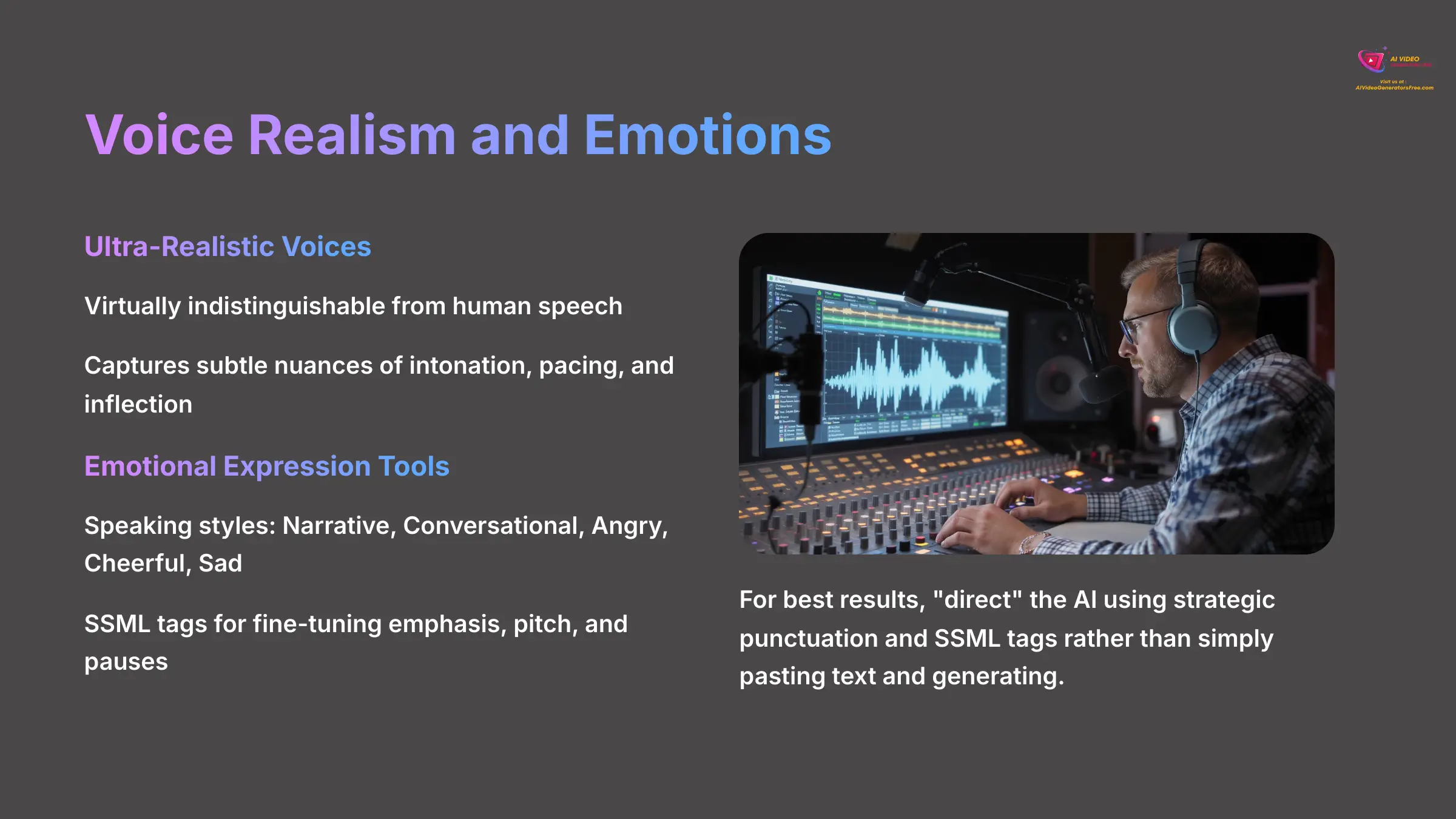

The realism of Play.ht's voices is one of its standout features. The platform offers “Ultra-Realistic Voices” that are virtually indistinguishable from human speech, capturing subtle nuances of human intonation, pacing, and inflection that make them suitable for high-quality productions like audiobooks and podcasts.
While base-level AI voices can sometimes sound flat, Play.ht provides several tools to add emotional color and expressiveness. The platform includes different speaking styles for many of its voices, such as “Narrative,” “Conversational,” “Angry,” “Cheerful,” or “Sad.” Applying these styles can dramatically change the delivery to match the context of your script. For example, selecting a “Cheerful” style will result in a more upbeat and energetic tone, while “Narrative” provides a storytelling cadence perfect for audiobooks.
For the highest level of control, you can use SSML tags directly in your text to fine-tune emphasis, pitch, and pauses, allowing you to manually craft a more emotional and dynamic performance. A common mistake beginners make is just pasting text and hitting “generate.” To achieve true realism, you need to “direct” the AI using punctuation strategically and SSML tags for critical passages. The biggest leap in quality comes from combining a great voice with manual SSML tweaks to guide the emotional delivery.
How does Play.ht voice cloning work and what are the requirements?
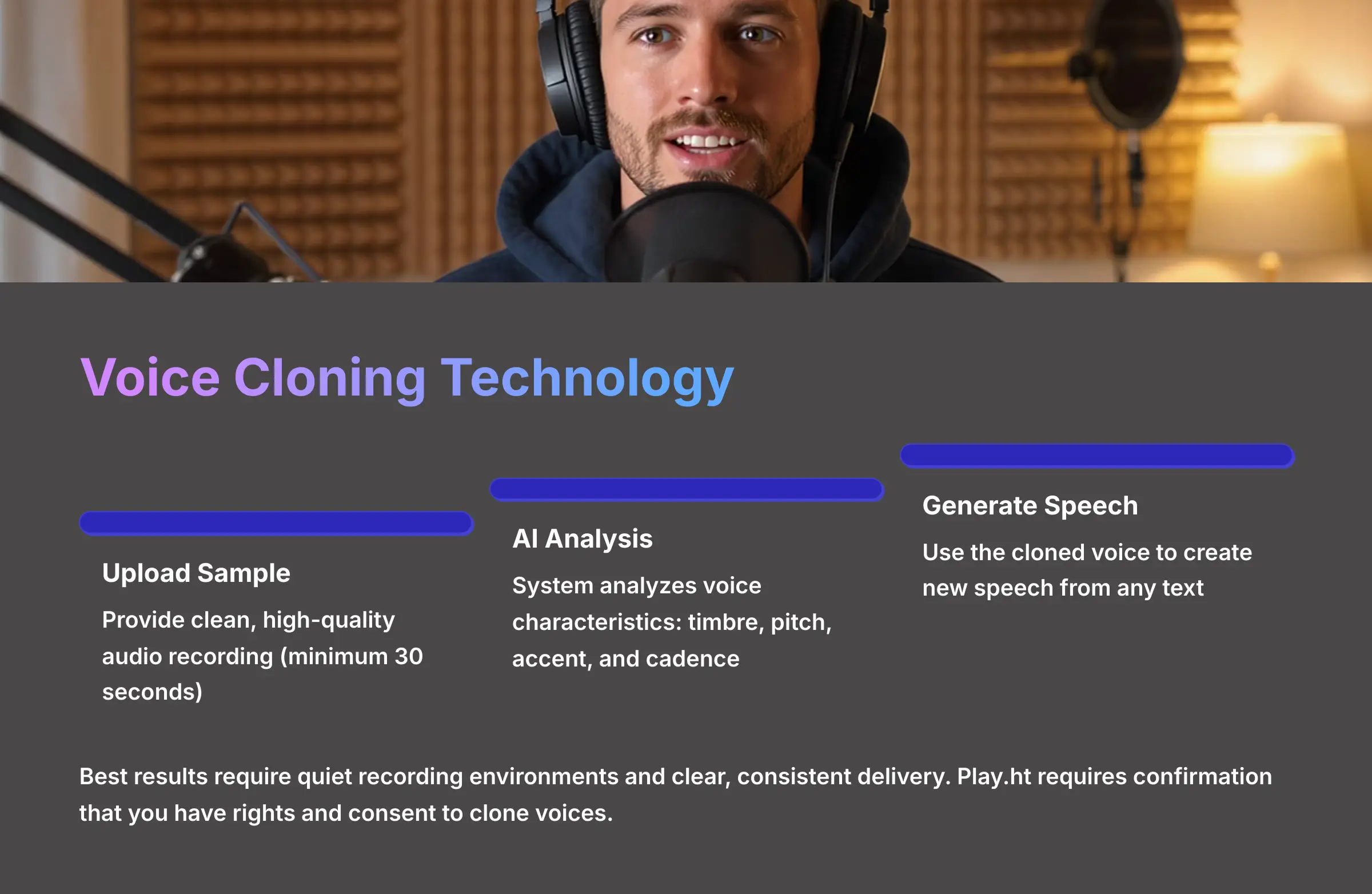

Play.ht's voice cloning feature allows you to create a digital replica of a specific voice from a short audio sample. The process is remarkably straightforward: you upload a clean, high-quality audio recording of the target voice (a minimum of 30 seconds is recommended, though more is better), and the AI analyzes its unique characteristics—timbre, pitch, accent, and cadence. Once processed, you can use this cloned voice to generate new speech from any text you provide.
The primary limitation is the quality of the source audio. If the sample has background noise, echo, or inconsistent volume, the resulting clone will be of poor quality and may sound distorted or robotic. The most common mistake people make with voice cloning is using a “dirty” audio sample from video calls or noisy environments. For best results, record the sample using a decent microphone in a quiet, non-echoing space (like a closet full of clothes), reading the script in a clear, consistent, and neutral tone.
While the clone will capture the character of the voice, it may not perfectly replicate every subtle emotional inflection on its own; you'll still need to use speaking styles and SSML to guide the performance. Ethically, Play.ht has strict policies requiring you to affirm that you have the rights and consent to clone the voice, which is an essential safeguard against misuse. The unlimited cloning available on paid plans is a major advantage, allowing you to create different voices for various projects without extra fees.
What are the best use cases for Play.ht and is it good for content creation?
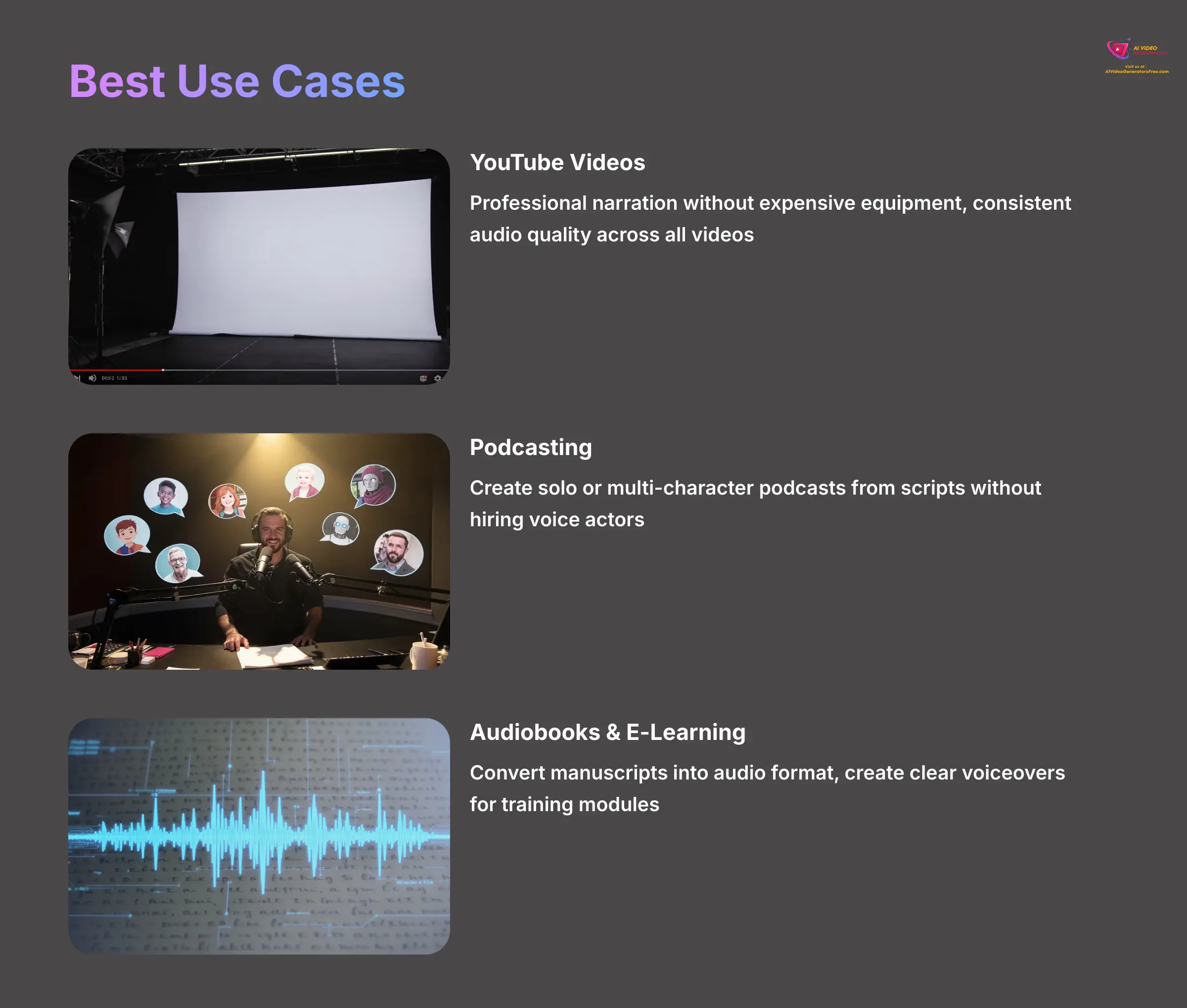

Play.ht is exceptionally well-suited for a variety of media production use cases, especially content creation where clear and consistent voiceovers are crucial. The platform shines in several key areas that modern creators need.
- For YouTube videos, creators use Play.ht to produce professional-sounding narration without needing expensive recording equipment. This is perfect for channels that focus on tutorials, documentaries, news updates, or listicles.
- For podcasting, it's transformative. You can create solo-hosted podcasts by converting your scripts directly into audio, or more impressively, by using different voices or clones, you can produce multi-character interview-style or narrative podcasts from a single script.
- Other strong use cases include creating audiobooks, developing e-learning content, offering audio versions of blog posts to increase accessibility, and API integration for real-time voice responses in applications.
What are Play.ht pricing plans and what's included in each tier?
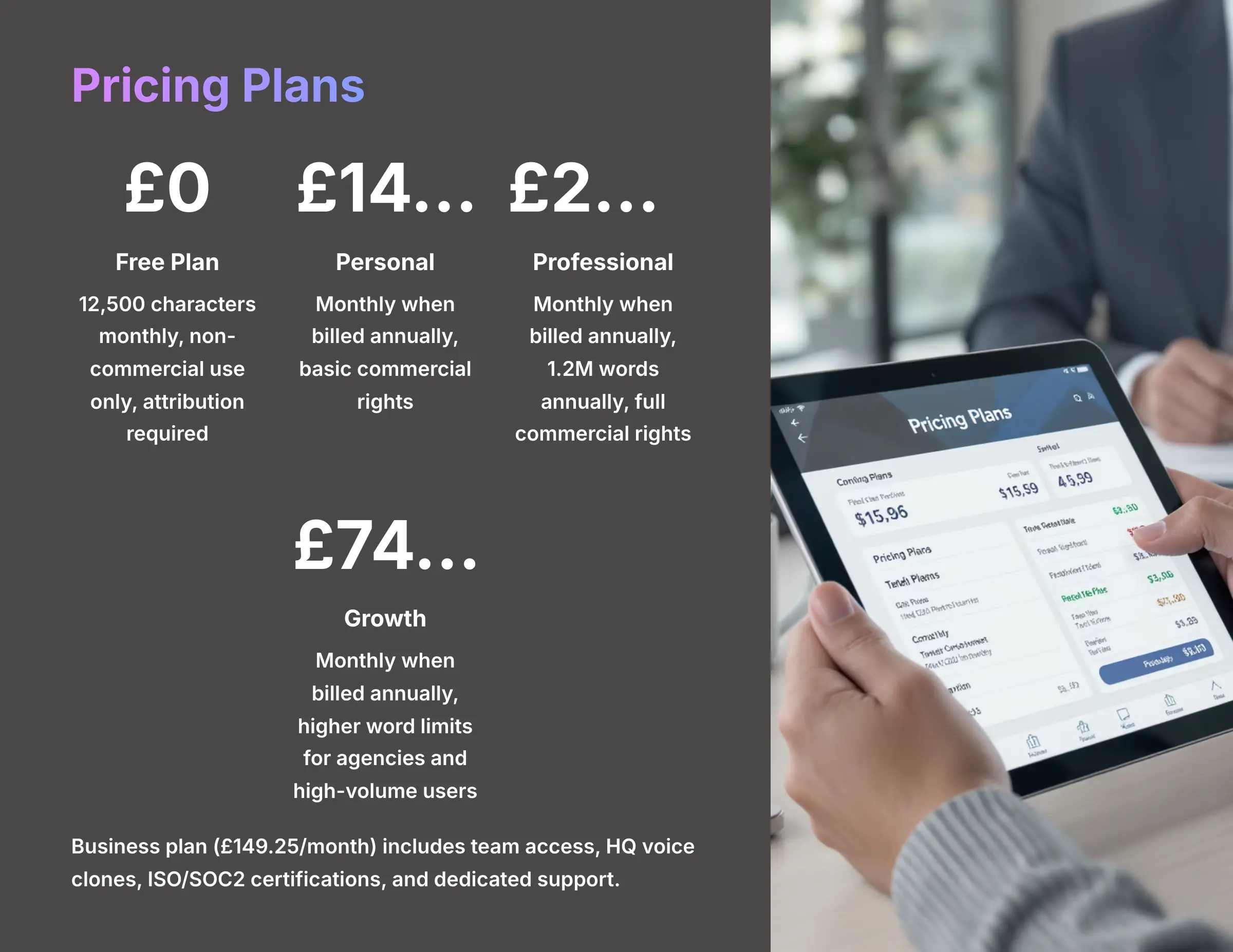

Play.ht has 4 different plans: Personal at $14.25 per month, Professional at $29.25 per month, Growth at $74.25 per month, and Business at $149.25 per month. Each tier is designed to accommodate different levels of usage and business needs.
| Plan | Price (Billed Annually) | Key Features |
|---|---|---|
| Free | $0 | 12,500 characters/month, premium voices, voice cloning trial, non-commercial use only. |
| Professional | $29.25/month | 1.2 million words/year, ultra-realistic voices, voice cloning, full commercial rights. |
| Growth | $74.25/month | Higher word limits, features for agencies and high-volume users. |
| Business | $149.25/month | Team access, multiple high-fidelity clones, enterprise features, re-sell rights, dedicated support. |
The key decision factor is your projected volume and commercial needs. If you're creating content for business or monetization, you'll need at least the Professional plan. For high-volume content creation or agencies managing multiple clients, the Growth or Business plans provide the scalability and advanced features necessary for professional operations.
Can I use Play.ht voices for commercial purposes and YouTube monetization?
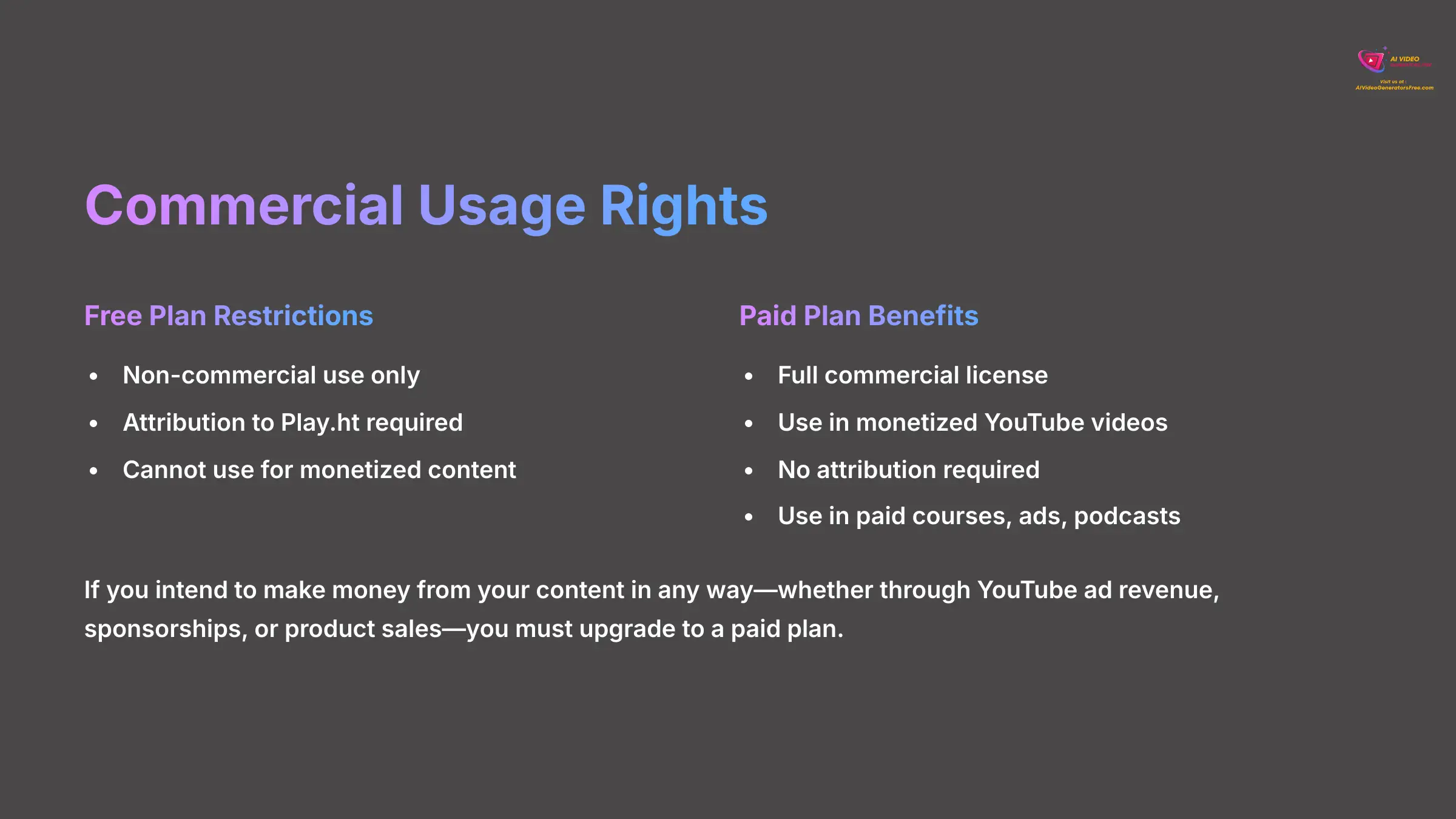

Yes, you can absolutely use Play.ht voices for commercial purposes, including YouTube monetization, provided you are on a paid subscription plan. This is one of the most important distinctions between the Free and paid tiers that many users need to understand clearly.
Paid plans typically include commercial usage rights for generated audio, which means any audio created under a paid plan comes with a full commercial license. This license grants you the right to use the voiceovers in any for-profit project, including monetized YouTube channels, online courses, advertisements, podcasts with sponsorships, IVR systems for your business, or audio integrated into products you sell. You do not need to provide any attribution to Play.ht for audio created under these plans.
However, the Play.ht free plan is only for non-commercial use and attribution to Play.ht is required for published audio content. If you buy their premium plan, you can use generated voices for commercial use. But in the free version, you cannot use the AI-generated voice for commercial use. This means if you intend to make money from your content in any way—whether through YouTube ad revenue, sponsorships, product sales, or client work—you must upgrade to a paid plan. The commercial license is essential for content creators, businesses, and anyone planning to monetize their audio content legally and professionally.
Does Play.ht have an API for developers and what can it do?
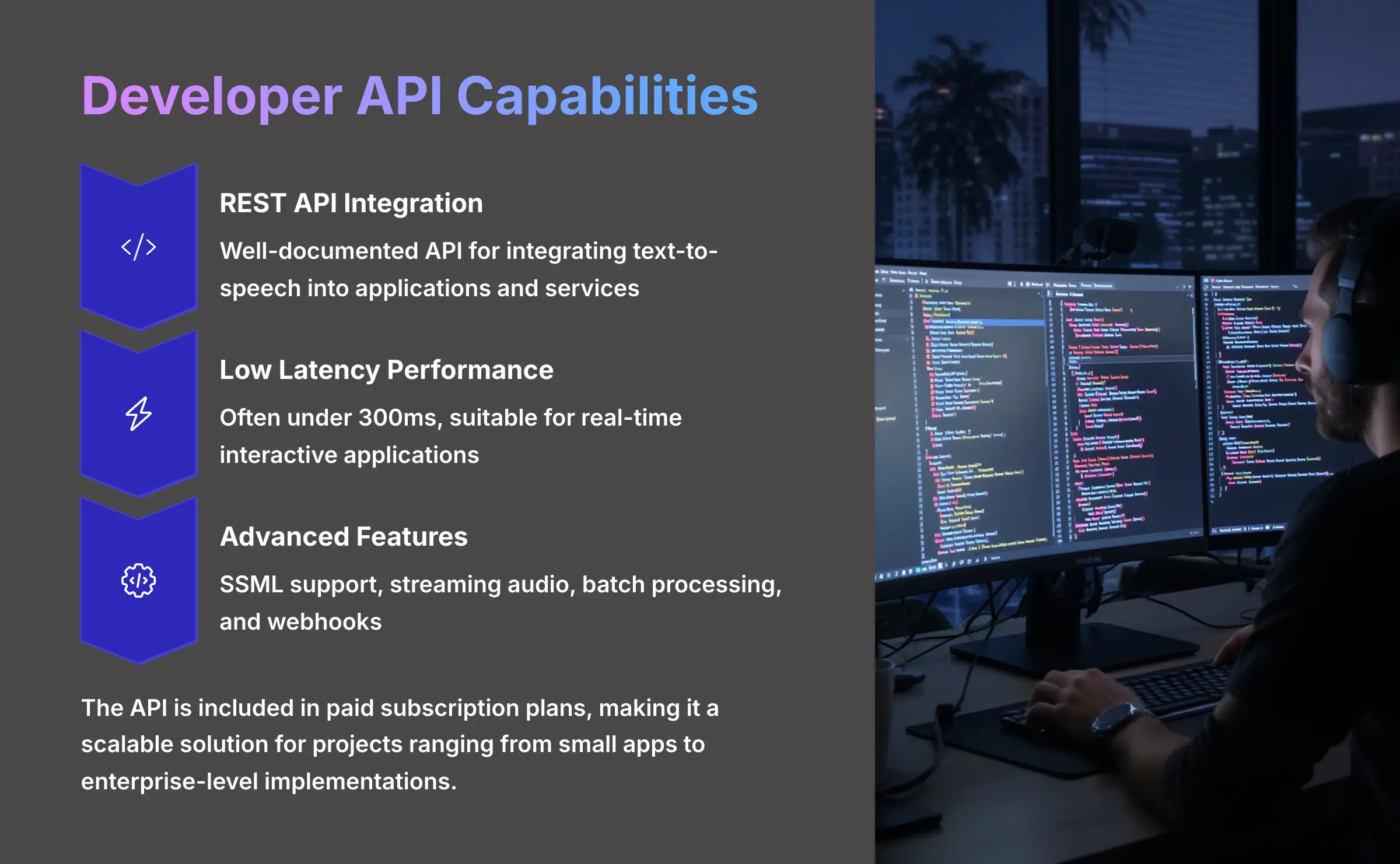

Yes, Play.ht offers a robust and well-documented REST API that is highly popular among developers for integrating real-time, high-quality text-to-speech functionality into their own applications, websites, and services. The API is designed to balance simplicity with powerful capabilities.
The API allows developers to programmatically convert text to speech, access the full library of voices, and utilize voice clones with minimal setup. One of its key features is its low latency, often under 300ms, which makes it suitable for real-time, interactive applications such as voice-based AI assistants, dynamic character dialogue in games, or instant audio feedback on websites. The API supports streaming, which means you can start playing the audio almost immediately without waiting for the entire file to be generated, creating seamless user experiences.
Advanced features include full SSML support for fine-grained control over speech output, allowing developers to programmatically control emphasis, pauses, pitch, and speaking rate. The API also supports batch processing for high-volume applications and provides webhooks for asynchronous processing of longer content. Integration is straightforward with comprehensive documentation, code examples in multiple programming languages, and SDKs for popular frameworks. Access to the API is typically included in paid subscription plans, making it a scalable solution for projects ranging from small apps to enterprise-level implementations. The combination of reliability, speed, and voice quality makes it particularly valuable for developers building customer-facing applications where audio quality directly impacts user experience.
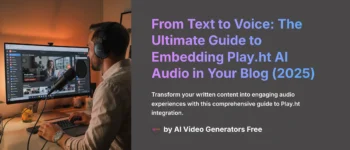
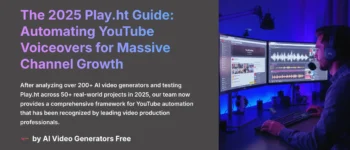

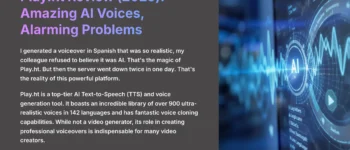
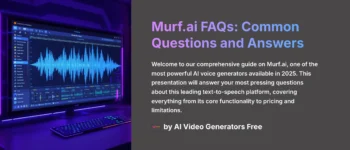


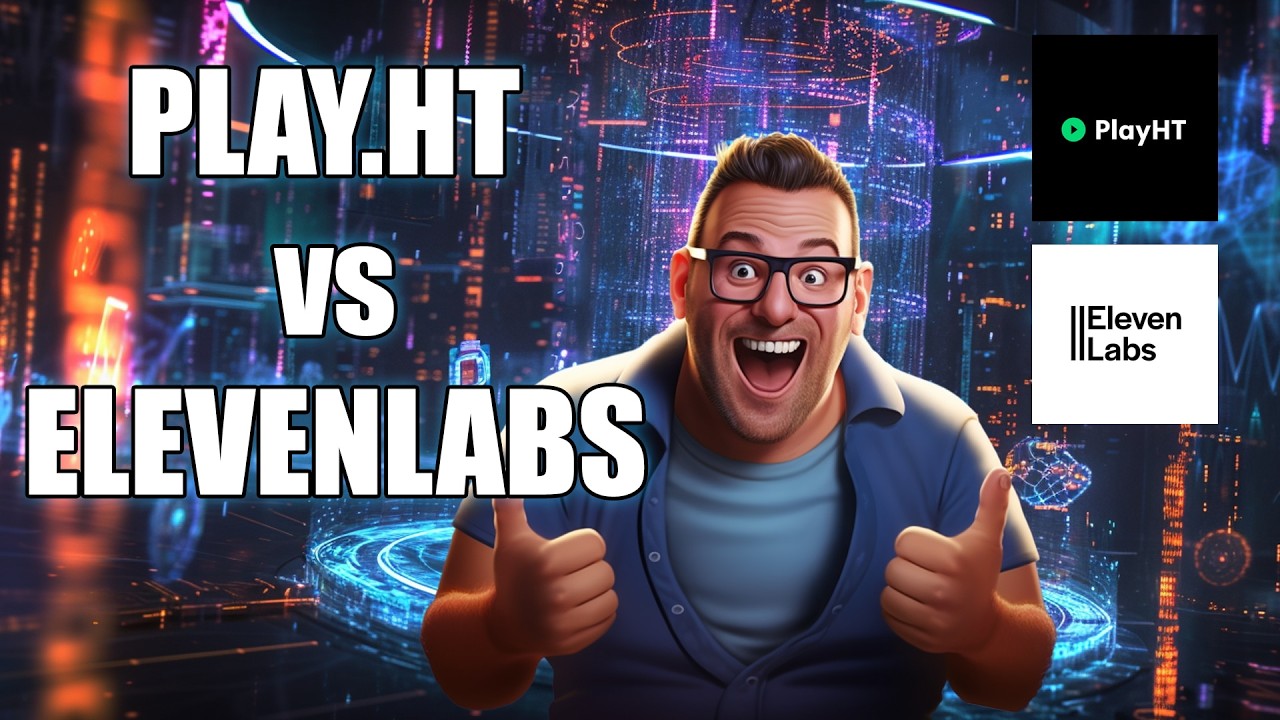

Leave a Reply